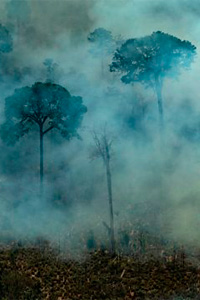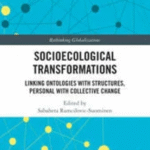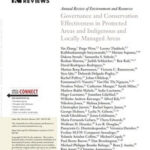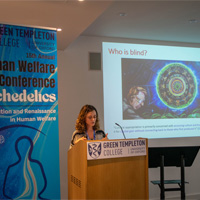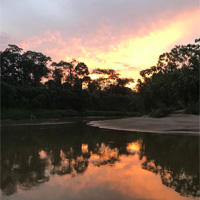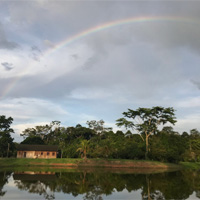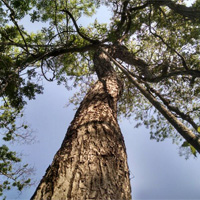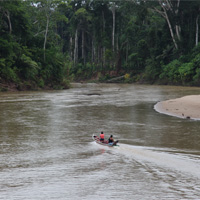Maria Fernanda Gebara, Peter H. May, Rachel Carmenta, Bruno Calixto, Maria Brockhaus & Monica Di Gregorio. Climatic Change p.1-14 2017.
Abstract
Reducing emissions from deforestation and degradation (REDD+) in tropical countries is an important and contested element of the post-Kyoto climate regime. For policy options which generate controversy between diverse actor groups, such as REDD+, mass media plays an important role in defining and supporting policy possibilities. Analysis of the way in which national media frames issues of climate change and deforestation can offer insights into the nature of the contested domains of the REDD+ policy process. Here, we examine the Brazilian national media discourses surrounding REDD+ because it contributes to setting the tone of policy debates at the federal level. Specifically, we ask the following: (i) How was REDD+ portrayed in the Brazilian national print media and whose opinions and perceptions were represented? and (ii) How have media frames on REDD+ in the national print media changed over time? Our results contribute with new knowledge for understanding the observed progress of REDD+ in Brazil. We identify two main themes that dominate the focus in the national media coverage of REDD+, specifically “politics and policymaking” (representing half the coverage) and “economics and market” (with over a third). Results show that discussions around carbon markets were amongst the most contested and that optimism in relation to REDD+ effectiveness declined over time. The analysis suggests that positions adopted on the national REDD+ strategy were shaped by state and federal collision of interests. We demonstrate an evolution of national concerns from an initial focus on efficiency (e.g. finance and carbon markets) to a recentred focus on equity issues (e.g. implementation of safeguards). We conclude with some thoughts on the implications of these features for REDD+ interventions and implementation in Brazil.

